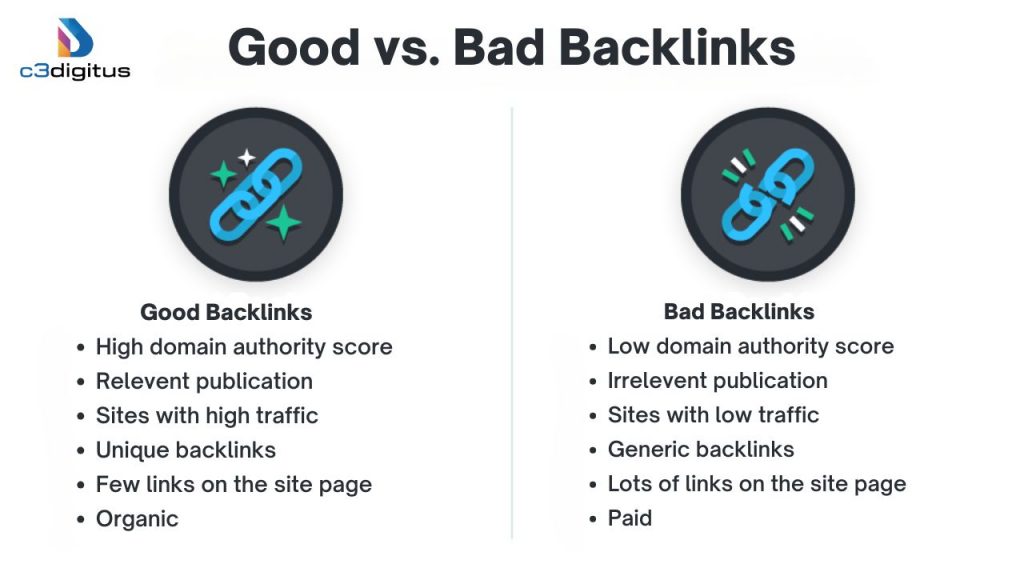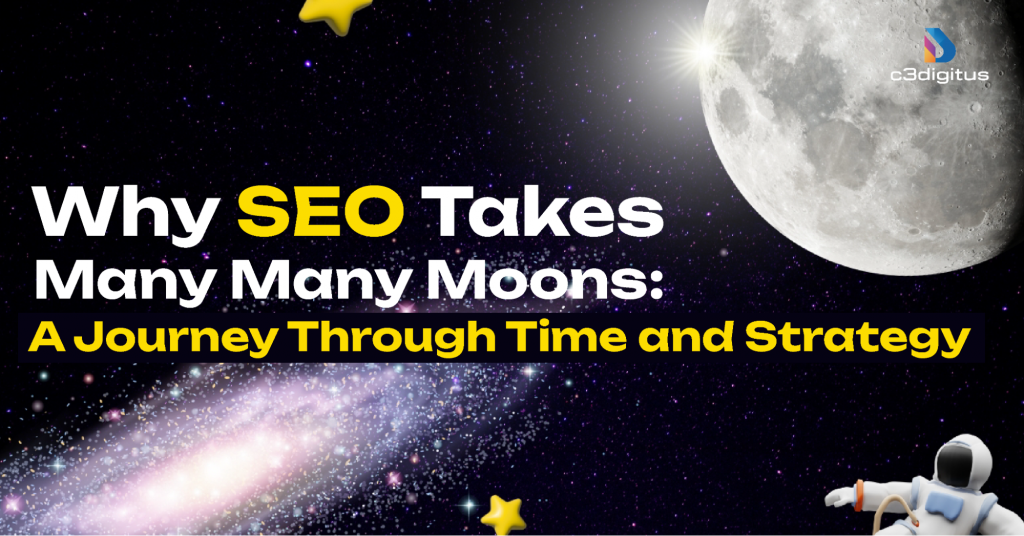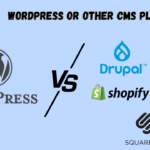As Roaring Chicken, the medicine man on the classic TV Series, F Troop said “Many moons. Many many moons” in response to a question about how long it would take for SEO to produce noticeable results for a new website. “You and your moons!” Chief Wild Eagle angrily responded. He wanted results NOW.
Okay, the question posed to Roaring Chicken was not about SEO, I think it was about how long it has been since the last war dance, but the answer is the same. It takes many moons, at least six to show some results, but more likely twelve and up to eighteen for impactful results. That’s like a year, year and a half!
In a recent survey, conducted by people who do surveys about this kind of stuff, the Affiliate Mastermind Facebook Group asked members to vote on how long it would take for SEO to produce results for a new website.
Survey Says!
- 1 to six months: 17% – Optimists
- 6 to 12 months: 74% – Inexperienced Realists
- 12 to 18: 6% – Very Experienced Realists
- 24 months or more: 2% – Pessimists
- Well…0.7 %
- 0.3% 🤷(shrug)
Why So Many Moons?
Have you ever had the experience of coming up with a great idea for a new invention, only to see a commercial on late-night TV for that exact idea? Did you really think you were the only person on the planet to think of the Pocket Fisherman or The Egg Scrambler? Whether or not ideas emerge from Karl Jung’s collective unconscious or just dumb luck, you can bet someone else had the same brilliant idea. You and Bob have the same great idea at the same time. How do you outsmart Bob? First, you need to know the game you are playing.
Google Sandbox Theory
Google does not admit that it exists, although many in the SEO trade would swear under oath it does. If Google Sandbox theory does exist, it would help to explain why a new website with all the right keyword optimization fails to rank. In brief, new websites are under a probationary period until they are old enough to be trusted. This makes sense. We really don’t want a lot of spammy websites popping up at the top of search results. Websites need to have what Google classifies as E-E-A-T, Experience, Expertise, Authoritativeness, and Trustworthiness.
Even if the Sandbox is a myth, you still need to build EEAT to rank. You don’t get that with just keywords. For a deeper dive into Google’s EEAT framework and how it impacts rankings, see our What is EEAT? guide. Content, content, content. (Did I mention content?)

Content. You need content. Relevant content. Lots of it. For a new website, you should plan on three new articles/blog posts per week to get things going. This also ties directly into On-Page SEO, which ensures your content is structured, optimized, and ready to rank.
Let’s say you launched a website on hunting, Biff’s Hunting Extravaganza. You write a great article on hunting and post it on your website. Even if it’s the best dang article in the rootin tootin world on hunting it’s just not going to work. Google wants your website to answer multiple questions about hunting in multiple articles, such as:
- Selecting the right clothing for the hunt.
- What is the best location for a tree stand?
- Choosing the optimal blind.
- Best firearms for hunting _____ (your choice of prey)
- Hunting in different seasons.
- Hunting for Vegans – The Next Big Thing?
Maybe not that last one, although it might get a lot of clicks! The point is Google rewards you because you’ve become an authority on that topic.
You get the idea – cover hunting from every angle you can think of. That will build your topical authority and expertise. All of your content must be top quality. If all you are going to use is ChatGPT to copy and paste. Don’t bother. Original, well-researched and written content will win. This is a long game you are playing. Plan for it. You would want to have numerous posts of at least 1000 words on the different aspects of hunting.
Say you do all of that, you have mucho content on hunting. Is that it? Nope. You are still not going to rank on page one immediately, or even soon. It’s going to take time, and you need backlinks.
Backlinks & PageRank Algorithms
The PageRank Algorithm is named after Larry Page, co-founder of Google, and the term web page. (Talk about fate, eh?)
It is a way of measuring the importance of web pages, like someone who holds a pHD in Quantum Computing. Having your recent paper on Artificial Intelligence Ethics cited by publications and other leaders in your field is how you build Expertise and Authority. That’s how backlinks work. The more times your work is cited (backlinked), by more people, the greater your authority.
Back in 2001, when Google founder Larry Page patented his PageRank algorithm, it was designed to rely heavily on backlinks to determine rankings in the search results. It has only gotten more sophisticated and complex since, but the commitment to backlinks is still core to search algorithms today.

However, they just can’t be any backlinks. They must be from trusted, reliable, and relevant websites. Take this article for example. Having my Grandma Punky link to it from her website on the best pierogi recipes from the Old Country, won’t do any good. Perogies and Search Engine Optimization are not related topics. She has no authority on SEO. Conversely, linking back from my website to hers, won’t help Grandma Punky either.
A good backlink creation technique is to have tips, tools, calculators, and other useful content on your website. Find other websites in your market niche and offer to do some guest blogging. Linking to your website from that blog is an instant backlink. Have you ever heard of HARO? HARO stands for “Help A Reporter Out.” HARO connects journalists and bloggers. HARO sends out emails three times a day, with a list of questions that journalists are looking for help with. The blogger responds, and if the journalist finds the information helpful, they usually will provide a reference (backlink) to the blogger.
You need to research to figure out every piece of relevant content that’s required to give you topical authority in your niche. And don’t forget Off-Page SEO, which includes backlinks, citations, and social proof that tell Google your site is trustworthy. The great thing about this is that the research can be done literally for free. You’ll get content ideas from the “people also ask section” in the Google search result for your main keyword: Google’s autocomplete function will also give you some hints.. Check out the related searches at the bottom of the search result and good old-fashioned intuition. There are also websites like Answer The Public to use for research.
If you do this correctly and you publish fast, you can expect to break into the six to 12-month category. But if you localize your keywords to say, “how to hunt in Southern Louisiana” you’re gonna get traffic faster. If you push on content build backlinks and use enough local keywords can give you good traffic in the six to 12-month range.
Start with super easy keywords. Get cracking on these, and eventually, you’ll get more traffic. This increased traffic will allow you to move up a tier and target harder keywords. Eventually, you’ll start snowballing, and you will be so busy you won’t even notice the phases of the moon.
Finally, don’t wait. If you have plans to launch a business or upgrade your website anytime within the next 24 months, get started with content today. Begin creating and stockpiling content like a prepper stockpile of dried beans. You are going to need it and you can’t have too much!
You Need to Work on Your Core.
The core of your body supports everything you use it for. Everything flows through the core. If you don’t have a strong core, you aren’t going to do very well at that upcoming pickleball tournament! The same principle applies to your website. There are Core Web Vitals that Google measures to determine the “page experience.” For a deeper look at optimizing your site’s technical foundation, check out our What is Technical SEO? guide. If your core web vitals are not in shape, you are not going to be anywhere near the coveted first-page results.

- LCP – Largest Content Paint: How long does it take for the largest element on your page to load? It should be under 2.5 seconds.
- INP – Interaction to Next Paint: How quickly does your website respond to user interactions? The goal is under 200 milliseconds. (Also known as FAST!)
- CLS – Cumulative Layout Shift: As the page loads, how much does the layout shift? CLS goal is 0.1. CLS is measured as the percent of the viewport that changed x the distance an unstable element moved
What About Social Media?
Yep. That too. Being active on social media is yet another factor in your SEO efforts. Google does not state that social media signals affect SEO rankings. However, a 2018 study by Hootsuite found that articles that were promoted on social media resulted in a 22% increase in SEO. Considering Google makes somewhere around 600 changes to their algorithm every year, what is true today, is up for grabs tomorrow. Coders gotta code, after all.
Regardless, if you have great content, it is more likely that it will be shared on social media, and being active on social media will result in more traffic to your website. “Just do it,” as a sneaker company famously said.
* Bing DOES state that social media signals affect SEO. So there’s that.
So, What Do You Do?
To paraphrase Bill Paxton’s character, PFC William L. Hudson, in the movie Aliens, “So, what are we going to do now?!” If it takes 6, or 12 months or more for SEO to start to work, what can you do? SEM, Search Engine Marketing, aka PPC (pay per click). Plan for a year of paid search to get your ads in Search Engine Results Pages, SERP, but continue to focus on organic SEO. You are playing the long game here, with the end goal of having your website on SERP organically,
In summary
The point of this paper is to help you understand that SEO is not just about keywords. That is just one part of what is necessary to get your website ranked high on Google or other search engines. It takes time, thought, and a lot of effort. The good news is that most other people just set up a website, do a little SEO, and think that’s it. Don’t be other people! If you take time to develop a strategy to address all the points in this short article and get aggressive, you can cut a few moons out of your SEO results calendar and beat the other guys. Get started today!




